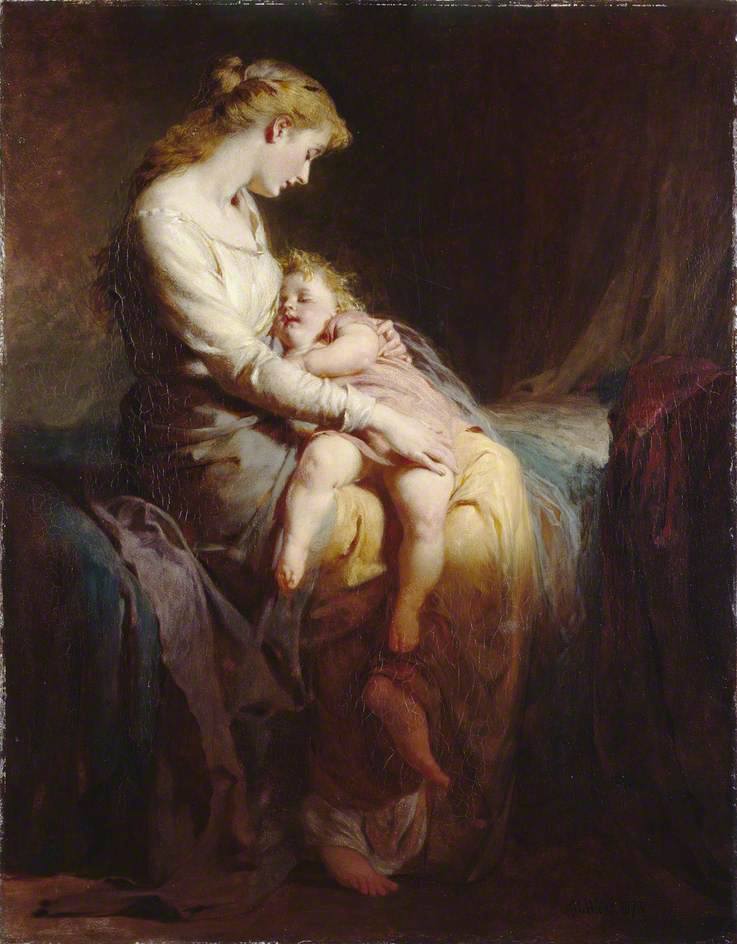Catherine Crowe (1790-1872) wrote a dozen works of fiction between 1841-1859, of which this is the first. She specialized, as the Athenaeum later put it, in “marvellously dovetailed stories of incident, vicissitude, coincidence, exposure, and disentanglement” (March 13, 1852).
“Crowded scenes and bustling actors, and a rapid succession of incidents,—whose movement is not restrained by any calculations on the part of the author as to their probability—keep up that sort of easy excitement which the confirmed novel-reader so much loves. There is a dashing disregard of the old consecrated unities, highly favourable to the author’s go-ahead-ism, as the Americans call it:—and in their place, he has set up a quasi unity of his own.” Athenaeum, January 30, 1841
“It is marked by a quiet kind of talent, singularly free from literary affectation, and indeed all traces of the profession of letters; but the most striking feature of the book is the extraordinary number of characters introduced, with chains of complicated and related incidents, all relative to each other, and all tending, as ultimately appears, to one point.” Chambers’s Edinburgh Journal, May 8, 1841
“We hardly know what to say of this book. It perplexes us extremely. It is powerful, beyond all question; but unsatisfactory. The writer is entitled to one admission, as early as we can make it. When we had read the first twenty pages, the book was not again laid down. . . . It includes a large amount of nicety and truth of observation, as well as much skill and art.” Examiner, February 28, 1841
“Mrs. Crowe possesses the rare faculty of telling a story so naturally that it is positively difficult for the reader to convince himself that is is not true. . . . Susan Hopley is an extraordinary specimen of her genius in this respect. From the beginning to the end the reader is impressed with the notion that it is not a fiction. . . . There is the simplicity of a person telling truly what she has seen and heard. . . . Hence it was that Susan Hopley has been more widely read by the public, although not so bepraised by the reviewers, than any novel of our time, with the single exception of the works of Dickens.” Critic, November 1, 1850
Download this week’s novel:
https://archive.org/details/06684358.1979.emory.edu






















![John Constable, View at [73 Across]](https://images.squarespace-cdn.com/content/v1/599082a2e58c6284b2a19d1a/1519335001662-T5Z94KU8PVGVYRTQOCZS/John+Constable+-+View+at+%5B73+Across%5D.jpg)
